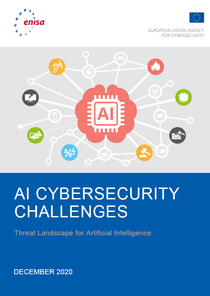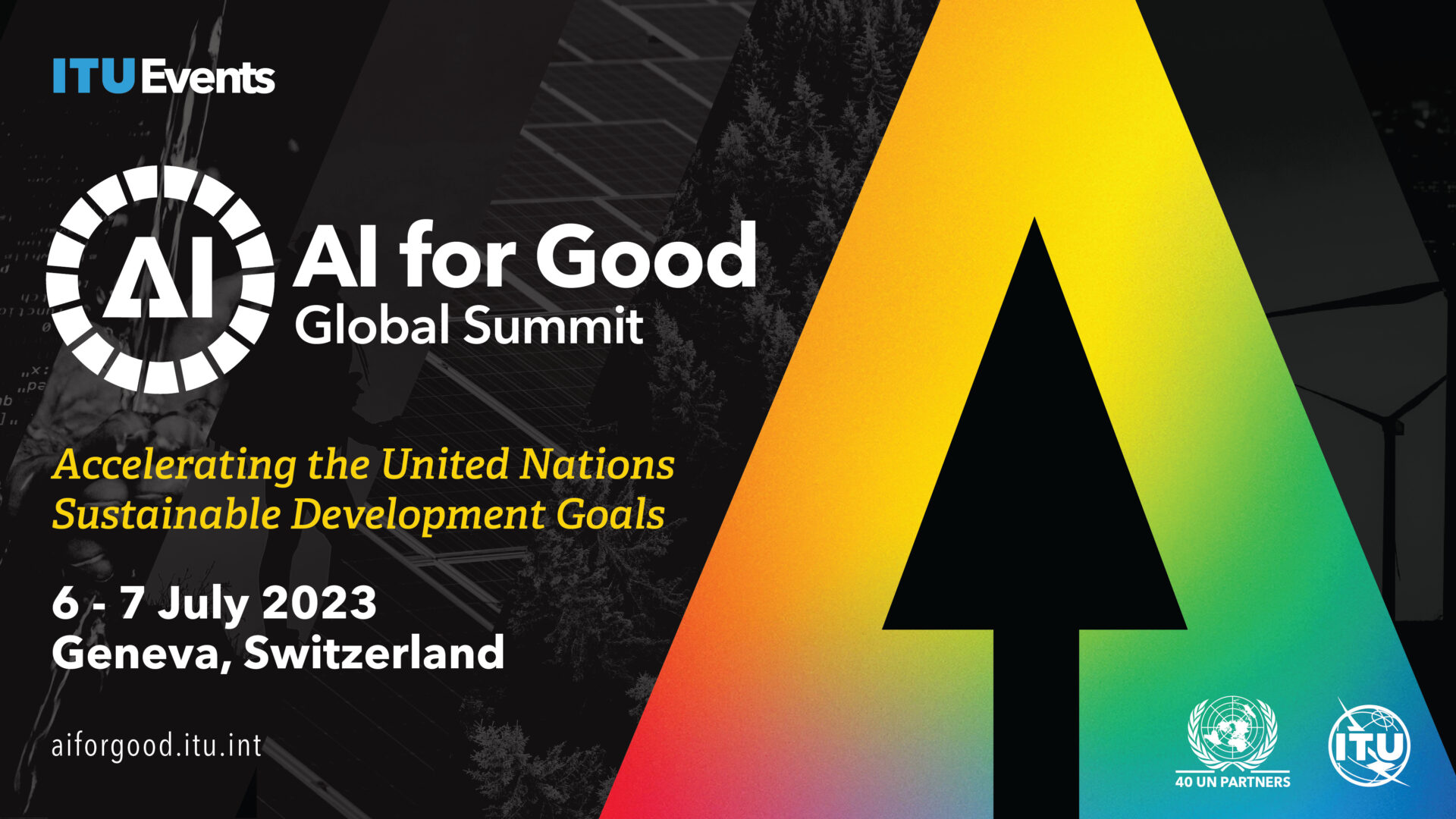Humanity in 'race against time' on AI: UN
Conference attendees heard how advances in AI are speeding up efforts to solve some of the world's problems. OpenAI CEO Sam Altman told the gathering that cyber-security was the biggest concern. The two-day AI for Good Global Summit in Geneva heard of 'extraordinary' recent advances in AI.
Humanity is in a race against time to harness the colossal emerging power of artificial intelligence for the good of all, while averting dire risks, a top UN official said Thursday. "We've let the genie out of the bottle," said Doreen Bogdan-Martin, head of the United Nations' International Telecommunications Union (ITU). "We are in a race against time," she told the opening of a two-day AI for Good Global Summit in Geneva. "Recent developments in AI have been nothing short of extraordinary."

Opportunities and Challenges
The thousands gathered at the conference heard how advances in generative AI are already speeding up efforts to solve some of the world's most pressing problems, such as climate change, hunger, and social care. "I believe we have a once-in-a-generation opportunity to guide AI to benefit all the world's people," Bogdan-Martin told AFP ahead of the summit. But she lamented that one-third of humanity still remains completely offline and is "excluded from the AI revolution without a voice." "This digital and technological divide is no longer acceptable."

The Importance of Safety and Regulation
Bogdan-Martin highlighted that AI holds immense potential for both good and bad, stressing that it was vital to make AI systems safe. She said that this was especially important given that "2024 is the biggest election year in history," with votes in dozens of countries, including in the United States. She flagged the "rise of sophisticated deep fakes disinformation campaigns" and warned that the misuse of AI threatens democracy, endangers young people's mental health, and compromises cyber-security. Other experts at the conference agreed.
Looking Ahead
Overall, though, he insisted that from the perspective of how new technologies evolve historically, the AI systems were generally considered safe and robust. While welcoming discussions around regulations to stem short-term negative impacts of AI, he warned that it was difficult to suggest regulations aimed at reining in future impacts. "We don't know how society and this technology are going to co-evolve," he said.

Bogdan-Martin meanwhile hailed that governments and others had recently raced to establish protections and regulation around the use of AI. On Wednesday, the European Union announced the creation of an AI Office to regulate artificial intelligence under a sweeping new law. "It's our responsibility to write the next chapter in the great story of humanity and technology and to make it safe, to make it inclusive and to make it sustainable," Bogdan-Martin said.





















